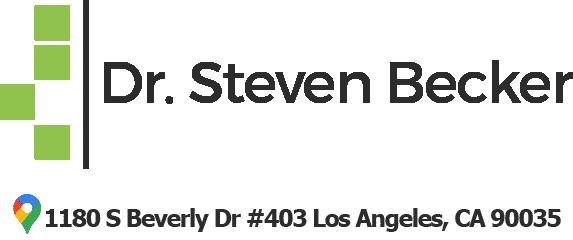 Headaches Drugs and How Taking Medication Can Make Them Worse.
Headaches Drugs and How Taking Medication Can Make Them Worse.
Tension headaches are the most common type of headaches that people suffer from regularly. And many people suffer from headaches. But no matter what type of headache you have, they will have a dramatic effect on your life.
Day after day of being miserable, irritable, and looking a lot older than you really are. The frustration of knowing that your friends and family don’t understand what you’re going through. Add this to doctors’ visits, MRI’s and CT scans-which only come back with “normal†results. And that maybe after you’ve tried one medication after another, feeling like you’re on a merry-go-round of drugs.
And therein may lie the crux of the problem – all the headache drugs you take even if you are taking over the counter medication.
The Side Effects of Headache Drugs
A large Canadian study on headache drugs discussed the dangers of self medicating saying that many patients are unaware of the potential health risks associated with OTC medications. With indiscriminate use of these medications, adverse effects can be significant. Codeine-containing preparations carry the risk of addiction; ASA (anti-inflammatory medication, including aspirin) is known to cause gastric irritation and ulceration; and acetaminophen has been associated with liver toxicity. Obviously, the longer you take these drugs and the higher the dose the greater the risk of side effects.
Rebound Headaches Caused by Over Medication
If you keep taking OTC medications, then the effect of medication is decreased over time.
The same study explains that blood levels of analgesics decline between doses, this relates to your body processing the medications already in your system. It is during that decline, that withdrawal symptoms such as headache and malaise can occur. The headaches associated with this withdrawal are commonly known as analgesic rebound headaches or narcotic-dependent headaches. A cycle may begin as you – the patient, interpreting the symptoms of rebound headache as those of migraine, take another dose of medication. In effect, blood levels of the drug are restored, and the headache is relieved, but perhaps only temporarily. If this happens to you, higher doses of analgesic can be required to resolve the headache each time it returns.
So if you find yourself taking higher and higher doses of the medication and start mixing and matching different types of drugs to try and get relief from your headache, you need to start thinking about breaking the cycle and reducing your dependency on medications while also looking for the cause of the problem in the first place. Clearly, you don’t have an aspirin deficiency.
How Do You Break This Cycle of Rebound Headaches?
Many people find help from tension headaches by working with a specifically trained healthcare professional who utilizes non-pharmacological treatments such as Chiropractic.
Call Dr. Steven Becker today at 310.277.8822 and make an appointment for a consultation and examination.
P.S. Although some patients have tried stopping suspect medication abruptly on their own, this is strongly discouraged. Some medications cannot be halted abruptly without the risk of severe side effects. In our work with headache patients, we try to find the cause of your headache to prevent them occurring rather than treating the symptoms with a pain reliever. Although it may not be possible to stop ALL your headaches, we generally find a reduction in the frequency and severity plus the outcome is more lasting and may lead to other health benefits.
[jamiesocial]








